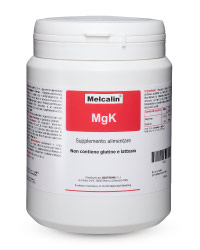zarrin77
Member
Ok i thought 10 g of potassium. But I still think it’s high...
do you really feel a difference from taking it? How?
And if so - sure you won’t feel the same from less?
I’m personally mainly use it to prevent muscle cramping and spare nitrogen loss from a high protein diet. So, the only thing I feel from it is the lack of muscle cramps after hard workouts.
Potassium is great for blood pressure and vascular health in general, so that’s another reason why I take it. I also take vitamin D, for example, and feel nothing from it, but I know it is good for me to take to prevent deficiency when I can’t get sun.
Could I lower it and still not have cramping? Maybe, idk. I like this dose for now. You can definitely use less if you like.

